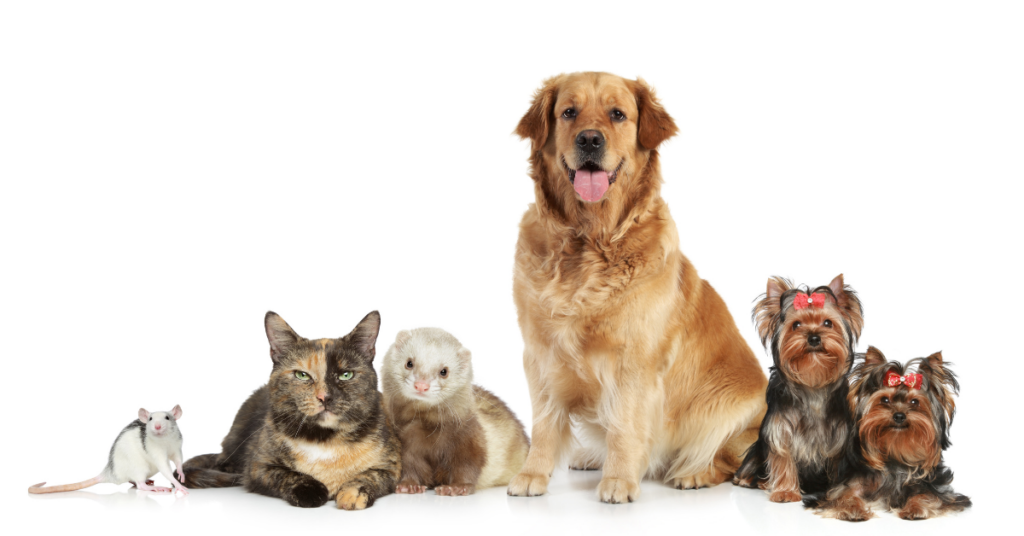Essential Oils: A Comprehensive Guide for Cat and Dog Parents
Essential oils, the aromatic and flavour compounds extracted from various plants, have become a staple in many households due to their widespread use in aromatherapy and as natural alternatives to traditional western medicine. As more households begin to embrace essential oils, it is crucial to discuss their safety, especially concerning our furry companions – our beloved cats and dogs.
Essential Oils: Are they safe for your animal companion?
The safety of essential oils for our beloved animal companions primarily depends on the type of oil and its mode of application. As a rule of thumb, just as with humans, most essential oils should always be diluted before use on dogs, as undiluted oils can cause skin irritation and digestive issues.
A general guideline for dilution is 4-5 drops of essential oils per 10 ml of carrier oil (such as sweet almond or grape seed) for both dogs and cats.
Dogs, having a superior sense of smell compared to humans, may react more intensely to essential oils than we do. For example, while humans boast 6 million nose-nerves, a dog may have up to 100 million.
It is vital to know your companion’s health status, and exercise caution with pregnant, nursing or young animals, and to observe their behaviour while using the oils, and immediately discontinuing use at the first sign of any distress.
Remember that essential oil toxicity might not just happened as a result of applying oils – there is potential for burned or diffused oils to cause trouble as well – so it pays to be aware of just how oils are being used in your own environment, as well as any places that you might be visiting, if accompanied by your animal companion.
Essential Oils: Friend or Foe?
Considered safe for dogs:
- Chamomile
- Lavender
- Bergamot
Considered unsafe for dogs:
- Tea tree
- Birch
- Wintergreen
- Tea tree oil, in concentrated form, can cause toxicity in dogs, leading to central nervous system issues and drooling.
Considered safe for cats:
- Turmeric
- Cedarwood
- Frankincense
- Copaiba
- Arborvitae
- Petitgrain
- Lemon
- Peppermint
- Lavender
Considered unsafe for cats:
- Basil
- Citrus
- Birch
- Cinnamon
- Clove
- Dill
- Fennel
- Tea tree
- Oregano
- Peppermint
- Thyme
- Rosemary
- Spearmint
- Wintergreen
This list is NOT exhaustive, and we strongly suggest double checking online thoroughly before using essential oils on or near your furry friends as new data emerge all the time – please notify us here at The CMA if you find any evidence of other oils that we need to add to this list.
How to Identify Essential Oil Poisoning in Animals
If your animal companion starts exhibiting signs of distress, like panting, drooling, difficulty walking, breathing issues, weakness, vomiting, diarrhoea, or mouth or face rubbing, they may be experiencing essential oil poisoning. If they show any of these symptoms after exposure to essential oils, call your vet immediately.
While essential oils can be hugely beneficial, and aromatherapy is a wonderful treatment for humans, cat and dog parents must take precautions to ensure they are used safely and responsibly. It’s always best to consult a veterinarian or a very experienced practitioner before introducing essential oils to your home environment or your furry friend’s routine.
(See also our articles Cats And Calmness – The Silent Soothers, The Healing Paws – How Your Canine Helps Relieve Anxiety, Homeopathic Hawthorn For Hypertension In Dogs With Early-Stage Heart Failure)


